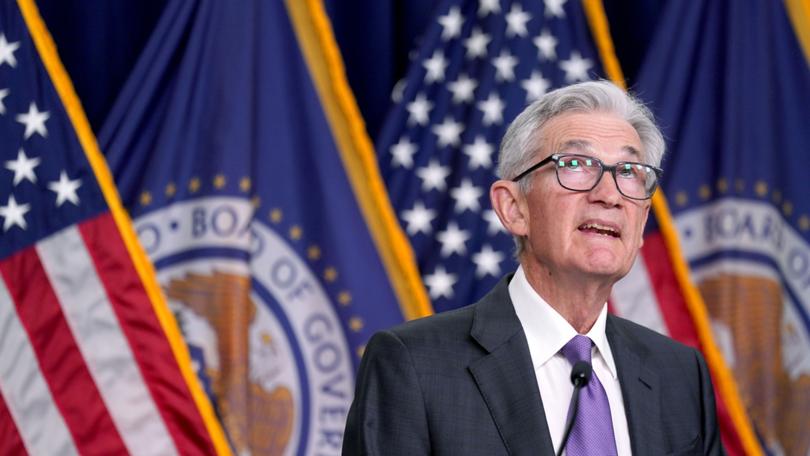CNBC: Federal Reserve says all 31 banks in annual stress test withstood a severe hypothetical downturn
TheFederal Reservesaid Wednesday that the biggest banks operating in the U.S. would be able to withstand a severe recession scenario while maintaining their ability to lend to consumers and corporations.

The Federal Reserve said Wednesday that the biggest banks operating in the U.S. would be able to withstand a severe recession scenario while maintaining their ability to lend to consumers and corporations.
Each of the 31 banks in this year’s regulatory exercise cleared the hurdle of being able to absorb losses while maintaining more than the minimum required capital levels, the Fed said in a statement.
The stress test assumed that unemployment surges to 10 per cent, commercial real estate values plunge 40 per cent and housing prices fall 36 per cent.
Sign up to The Nightly's newsletters.
Get the first look at the digital newspaper, curated daily stories and breaking headlines delivered to your inbox.
By continuing you agree to our Terms and Privacy Policy.“This year’s results show that under our stress scenario, large banks would take nearly $US685 billion in total hypothetical losses, yet still have considerably more capital than their minimum common equity requirements,” said Michael Barr, the Fed’s vice chair for supervision.
“This is good news and underscores the usefulness of the extra capital that banks have built in recent years.”
The Fed’s stress test is an annual ritual that forces banks to maintain adequate cushions for bad loans and dictates the size of share repurchases and dividends. This year’s version included giants such as JPMorgan Chase and Goldman Sachs, credit card companies including American Express and regional lenders such as Truist.
While no bank appeared to get badly tripped up by this year’s exercise, which had roughly the same assumptions as the 2023 test, the group’s aggregate capital levels fell 2.8 percentage points, which was worse than last year’s decline.
That is because the industry is holding more consumer credit card loans and more corporate bonds that have been downgraded. Lending margins have also been squeezed compared to last year, according to the Fed.
“While banks are well-positioned to withstand the specific hypothetical recession we tested them against, the stress test also confirmed that there are some areas to watch,” Mr Barr said. “The financial system and its risks are always evolving, and we learned in the Great Recession the cost of failing to acknowledge shifting risks.”
The Fed also performed what it called an “exploratory analysis” of funding stresses and a trading meltdown that applied to only the eight biggest banks.
In this exercise, the companies appeared to avoid disaster, despite a sudden surge in the cost of deposits combined with a recession. In a scenario where five large hedge funds implode, the big banks would lose between $US70 billion and $US85 billion.
“The results demonstrated that these banks have material exposure to hedge funds but that they can withstand different types of trading book shocks,” the Fed said.
Banks are expected to begin announcing their latest share repurchase plans on Friday.
Originally published on CNBC
